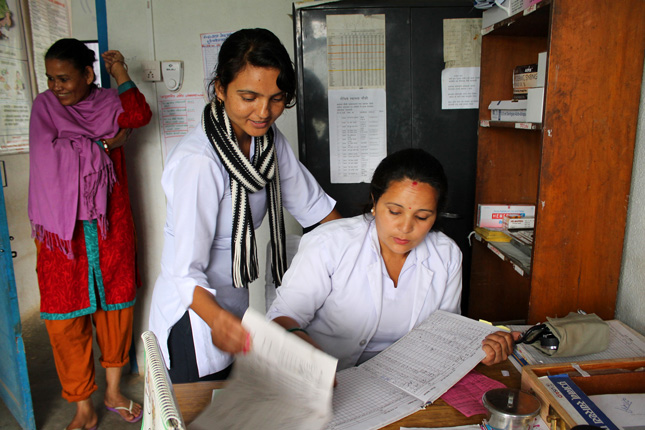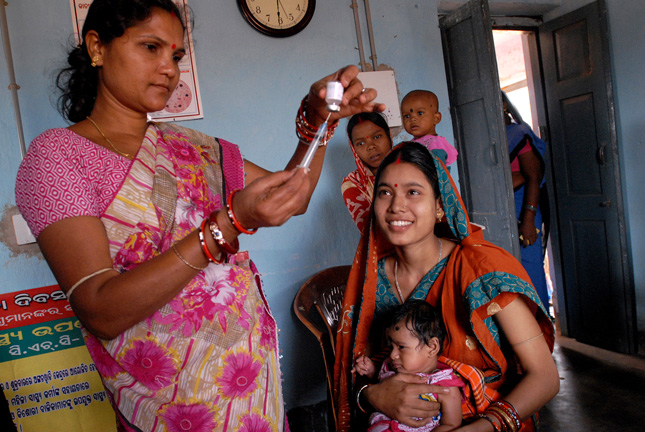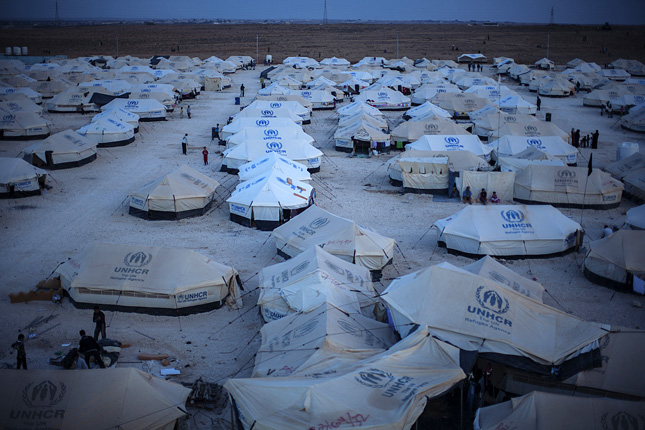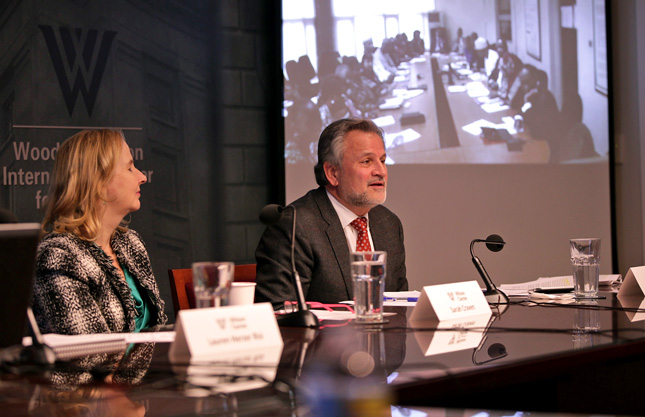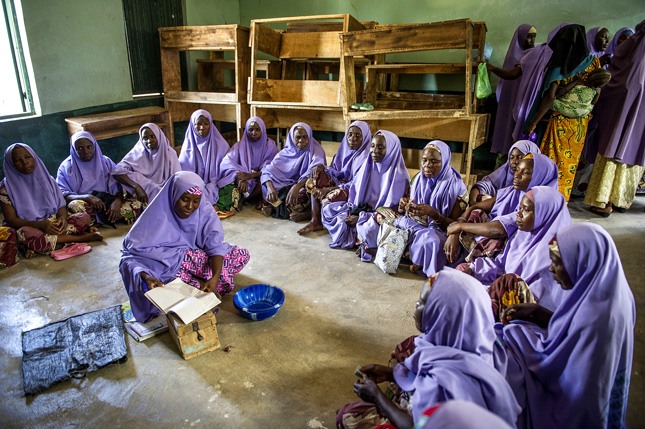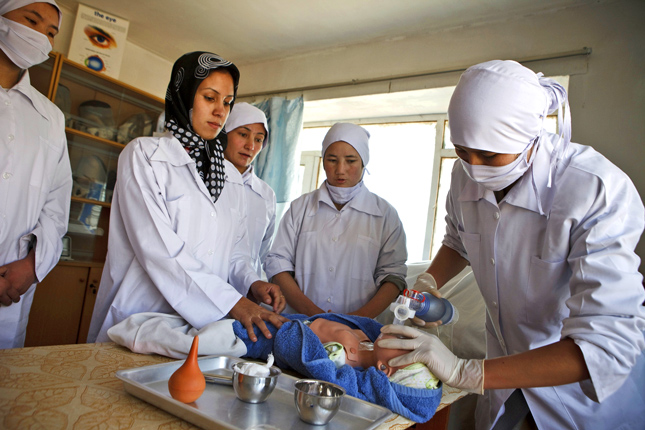-
Accounting for 1 in 3 Maternal Deaths, Health Disparities Persist in South Asia
›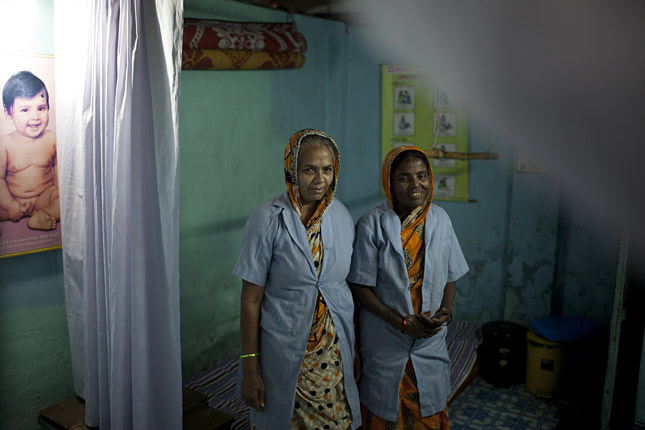
The state of maternal health in South Asia is difficult to assess. Although rates of maternal mortality are declining between 2 and 2.5 percent a year overall, the region’s massive population – one fifth of the world and over 1 billion people in India alone – means it still accounts for one out of three maternal deaths. [Video Below]
-
Knowledge Gaps Keep Many Women From Exercising Their Reproductive Rights
›
March 8 marked International Women’s Day, which celebrates the economic, political, and social achievements of women in the past and present, while simultaneously calling for greater equality in the future. While many of the day’s discussions focused on economic and social issues, the right to reproductive health is also a crucial element in realizing full equality.
-
Measuring Maternal Health in a Post-MDG World
›
As the international development community looks back on the Millennium Development Goals and ponders what remains to be done under the proposed Sustainable Development Goals, the maternal health field has some reflecting to do, said Dr. Ana Langer, professor and director of Harvard’s Maternal Health Task Force at the Wilson Center on December 1. [Video Below]
-
As Humanitarian Crises Multiply, Maternal Health and Safety of Women Becoming a Focus
›
Accessing maternal health care is already a challenge in many countries, and when conflict erupts or a disaster strikes, it can get even worse, leaving millions of women on their own while at their most vulnerable, said Ugochi Daniels, chief of humanitarian response for the UN Population Fund (UNFPA). Women and girls also become more vulnerable to violence during times of crisis, she said, by virtue of nothing but their gender. [Video Below]
-
Emerging Priorities for Maternal Health in Nigeria: Surveying the Field
›
“Nigeria’s population is only two percent of the world population, but we contribute about 10 percent of the maternal mortality,” said Oladosu Ojengbede, professor and director of the University of Ibadan’s Center for Population and Reproductive Health. [Video Below]
-
Dr. Luther-King Fasehun, Maternal Health Task Force
To Turn the Tide of Maternal Mortality in Nigeria, Go State by State
›
It is no longer news that Nigeria is a peculiar country, a nation with huge human and natural resources, and whose diversity of peoples and internal geographies is a blessing. Sadly, it is also not news that the country represents at least 10 percent of the global maternal mortality burden, with a currently estimated maternal mortality ratio (MMR) of 487 per 100,000 livebirths (as of 2011).
-
John Welch: Ebola Creating Slow-Burning Bomb for Maternal Health in Liberia
›
“Our responsibility is to call attention to the fact that there’s an invisible crisis happening,” says John Welch of Partners in Health in this week’s podcast. “Ebola is a huge issue for women’s health.”
-
Innovative Technology and Trainings Empower New Generation of Midwives
›
Imagine you are a physician working in a rural health center in a developing country. You’re helping a woman deliver her baby, and it’s just arrived but is not breathing. Meanwhile, the mother has started to hemorrhage. You’re the only one working in the clinic that day, and many life-saving treatments need to start within one minute. You have 60 seconds to make decisions that could cost the lives of two people. [Video Below]
Showing posts from category Dot-Mom.


